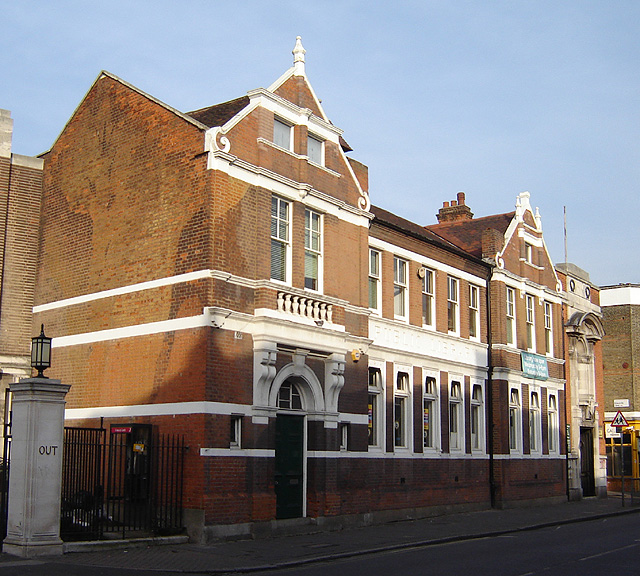"much arguing, much writing, many opinions"
posted by k
A couple of years ago I had the pleasure of hearing a public conversation between Iain Sinclair and Alan Moore. Their talk took unpredictable directions and held a large audience's attention. It ended with enthusiastic applause. Unlike most literary events, this was free to anyone who could get there - and about 250 people packed a large lecture theatre at a Midlands university.
I like free culture. I grew up enjoying free libraries and free art galleries - even free Shakespeare plays in London parks. It seemed akin to free speech. I've always thought of libraries in particular as a place of liberty.

It was a shock to discover that libraries can be places where free speech is censored. I'm not talking about whether Sarah Palin tried to ban books in Wassilia. And I'm not talking about books that are judged obscene or in some way offensive. I'm talking about an event that was cancelled in Stoke Newington public library because Hackney council didn't like the opinions the speaker had expressed elsewhere.

The event was the book launch of Iain Sinclair's forthcoming book about Hackney (due in early 2009). According to Iain Sinclair's account on BBC Radio 4's Today programme this morning, the book launch had been arranged. But when the council found out, the library was told to cancel the event. The council doesn't like Iain Sinclair's views and won't have him speaking in their library.
If you didn't hear the programme, you may wonder what Iain Sinclair's views are and why they are so offensive. As a long-term Hackney resident, Iain Sinclair has spoken and written about the effect of the plans for the 2012 Olymmpics on local people - and the council dislikes this criticism. So his book launch has been banned.
I could fulminate about this about some length. But there doesn't seem much point.
I thought of libraries as places where people could enter free of charge, extend their knowledge and imagination, and experience a range of views. Libraries were like that once. And politicians - at whatever level - used to debate with critics. At least, I thought it was so.
A couple of years ago I had the pleasure of hearing a public conversation between Iain Sinclair and Alan Moore. Their talk took unpredictable directions and held a large audience's attention. It ended with enthusiastic applause. Unlike most literary events, this was free to anyone who could get there - and about 250 people packed a large lecture theatre at a Midlands university.
I like free culture. I grew up enjoying free libraries and free art galleries - even free Shakespeare plays in London parks. It seemed akin to free speech. I've always thought of libraries in particular as a place of liberty.

It was a shock to discover that libraries can be places where free speech is censored. I'm not talking about whether Sarah Palin tried to ban books in Wassilia. And I'm not talking about books that are judged obscene or in some way offensive. I'm talking about an event that was cancelled in Stoke Newington public library because Hackney council didn't like the opinions the speaker had expressed elsewhere.

The event was the book launch of Iain Sinclair's forthcoming book about Hackney (due in early 2009). According to Iain Sinclair's account on BBC Radio 4's Today programme this morning, the book launch had been arranged. But when the council found out, the library was told to cancel the event. The council doesn't like Iain Sinclair's views and won't have him speaking in their library.
If you didn't hear the programme, you may wonder what Iain Sinclair's views are and why they are so offensive. As a long-term Hackney resident, Iain Sinclair has spoken and written about the effect of the plans for the 2012 Olymmpics on local people - and the council dislikes this criticism. So his book launch has been banned.
I could fulminate about this about some length. But there doesn't seem much point.
I thought of libraries as places where people could enter free of charge, extend their knowledge and imagination, and experience a range of views. Libraries were like that once. And politicians - at whatever level - used to debate with critics. At least, I thought it was so.
Labels: censorship, freedom of speech, Hackney, Iain Sinclair, libraries, Stoke Newington


